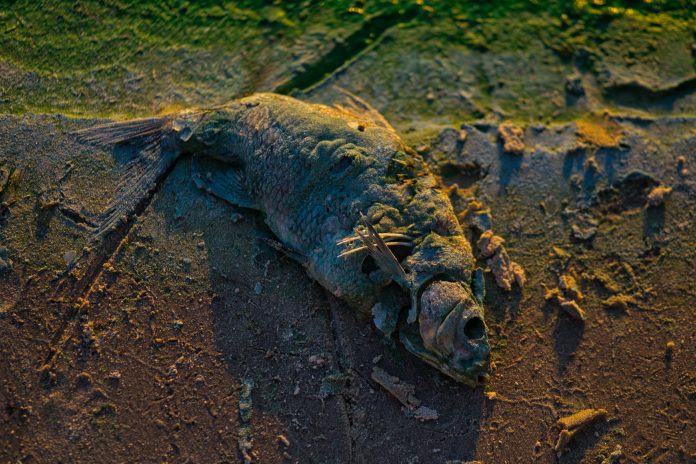The Department of Forestry, Fisheries and the Environment (DFFE) says members of the public should refrain from consuming fish or other marine animals, after hundreds of dead sea animals washed up on beaches on the West Coast.
Sea life washed up on shores at the near Berg River mouth, near Veldriff, recently – and included prawn, crabs, cuttlefish, seaworms, shark rays and lobsters. In a statement, the department says the washed up animals pose a significant health risk.
“The appearance of washed-up lobsters carries significant health risks, rendering them unsuitable for consumption. Uncertainty surrounding their time of death, coupled with potential contamination by algal toxins, poses dangers to human health. Ingestion of these toxins can lead to severe adverse reactions and even fatalities.”
Red tide
The department says the wash up of the dead sea animals is the result of a red tide – which occurs when rising water temperatures result in algae growing out of control. This is not only hazardous to sea, but human life.
“These blooms may be harmful due to their toxicity and/or due to their drastically reducing oxygen levels in the sea as they begin to decay. These, in turn, often results in mass mortalities of marine organisms. Possibly the best-known impact is on the West Coast rock lobster.”
The DFFE says it has swiftly implemented its West Coast Rock Lobster Walkout Contingency Plan, which ensures the safe disposal of dead lobster and relocating living lobster.
The red tide is common in summer seasons, especially in along the West Coast region – including St. Helena Bay,Elands Bay, Dwarskersbos, Doring Bay and Lamberts Bay.
ALSO READ: WATCH: Swordfish dies after beaching in Gordon’s Bay


